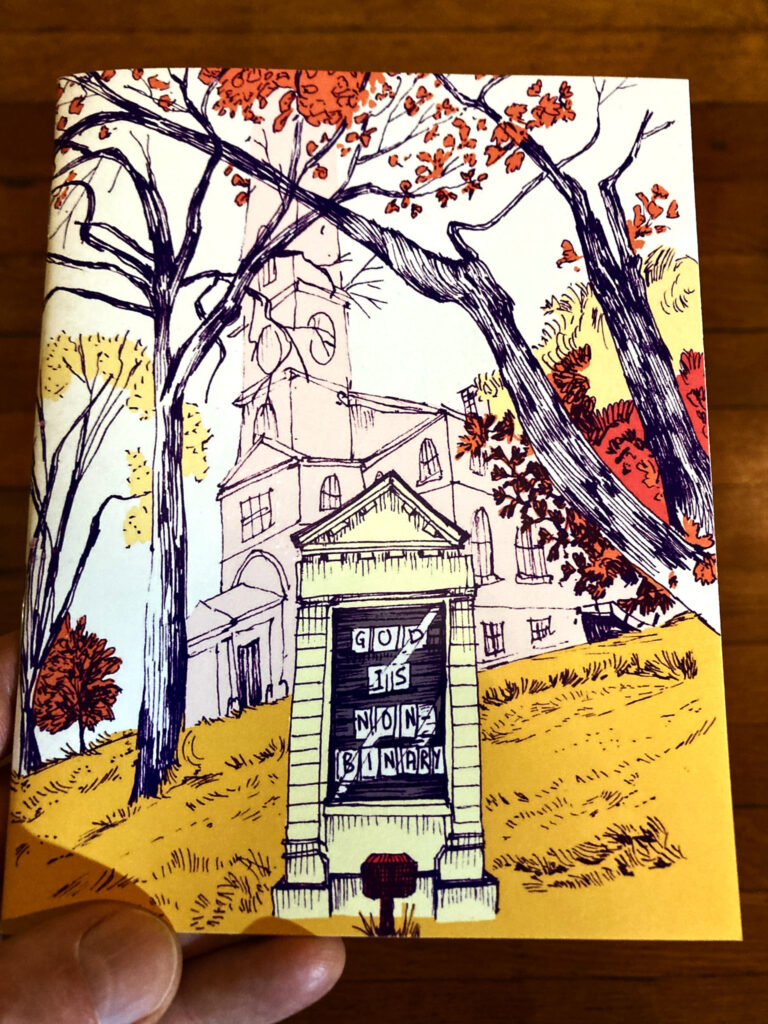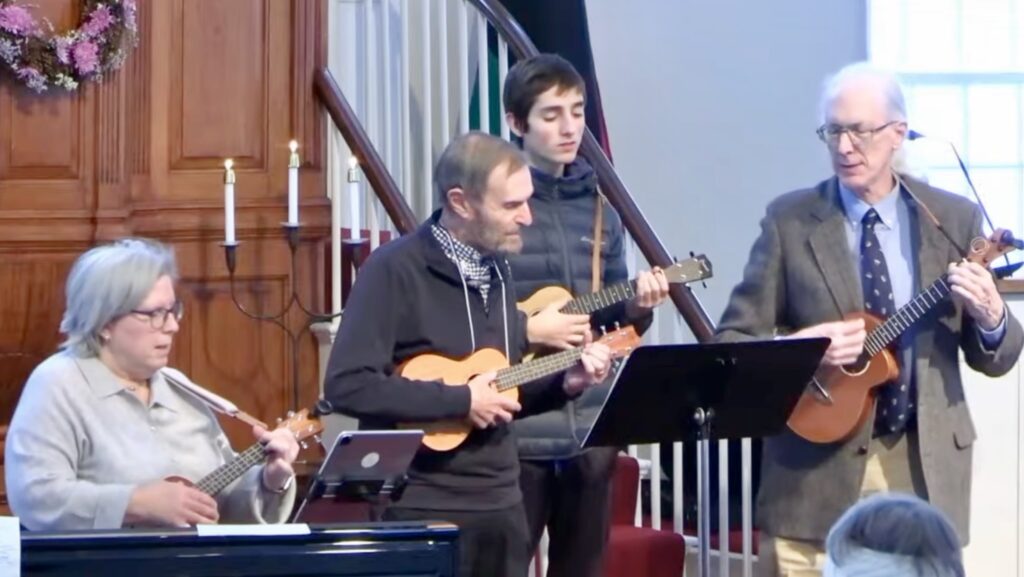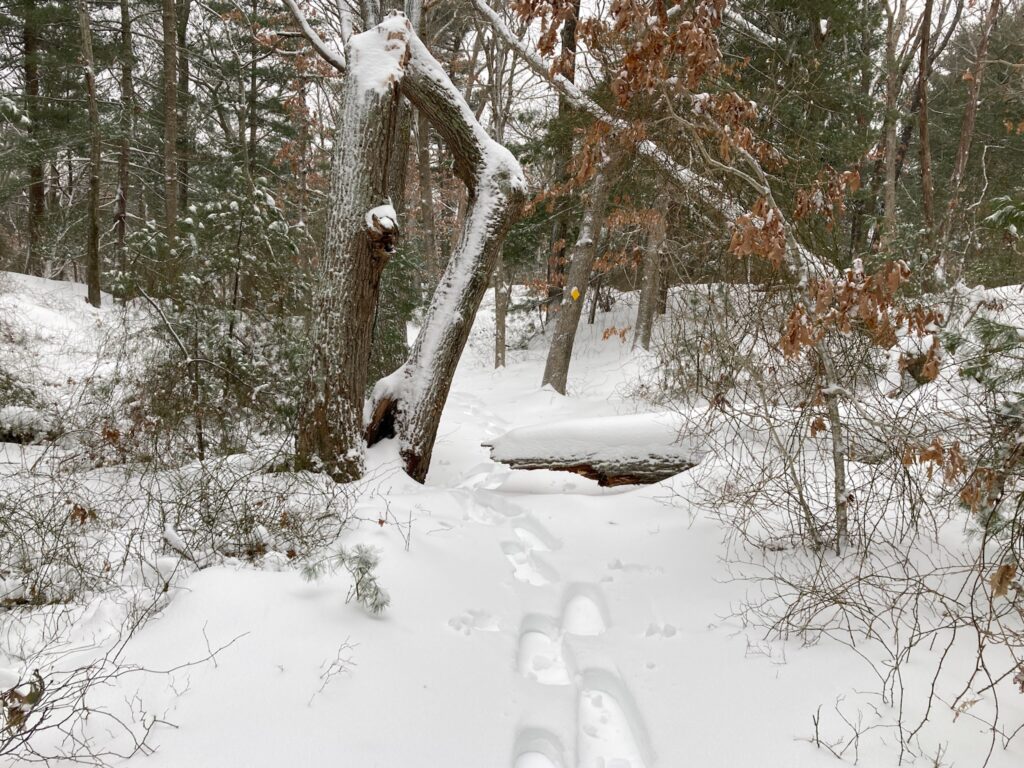When I heard about the “Melania” movie, I assumed it was yet another vanity project assembled by yet another ultra rich person. What I didn’t realize was that the film has actually been released in theatres. I also didn’t realize was that Amazon paid to have this movie produced. The BBC reports that it is believed that Amazon paid USD$35million to market the film, and another USD$40 million for the rights.
Now that I know it’s not a simple vanity project, I’m fascinated. What is going on here?
Reviews of the movie so far are mixed. It’s easy to find negative reviews in the usual liberal media outlets like The Guardian, The Atlantic, and so on. Conservative Fox News, by contrast, seems enthralled. The politically centrist USA Today is not entirely negative, but still says it’s not a good documentary, giving it 1.5 out of 4 stars:
“‘Melania’ doesn’t quite work as a documentary, though that doesn’t matter: People who don’t like the Trumps won’t go near the theater, and those who love the Trumps probably will. Just don’t expect much insight either way: While it does offer an extremely flattering view of all things Melania, outside of a few candid glimpses, you’re not going to learn a lot about who she really is.”
Meanwhile, audience reviews posted on Rotten Tomatoes are generally laudatory. It’s hard to know if the reviewers are real people (after all, this is an Amazon movie, and Amazon is the king of fake reviews), but in a typical review “Karen M” gushes:
“As a creative—writer, pianist, singer, perfectionist, lover of classical music and art—I found Melania unexpectedly moving. The documentary opens her inner sanctum, and in doing so, created a quiet sense of sisterhood. I didn’t see a distant public figure; I saw someone achingly real—like watching your sister on her wedding day or hearing your daughter’s name called at graduation. There she is. Her elegance is unmistakable, yet the vulnerability is what lingers. She is refined without artifice, reserved yet deeply expressive. The film is not about Donald Trump—au contraire. It feels more like peering into the private life of a royal from afar, and realizing with pride: she is my First Lady. It has been a long time since young women—and grown ones—had a woman of such standalone strength to admire. Her quiet power rivals that of any great woman who has ever held a throne. Highly recommend, regardless of political persuasion.”
Maybe that is a real review. I can see that for someone who is fascinated by Melania Trump, this could be a fun movie to watch. Unfortunately, Karen M is probably mistaken, while USA Today is correct — Democrats are going to stay away in droves, Republicans are going to love the film. I guess those of us who belong to neither party can be bemused.
At this stage, it’s hard to know if people are actually paying to see the film in movie theatres. A very strange ad was posted on the gigs section of Boston Craigslist, offering people $50 if they would see “Melania” in a movie theater. This ad has since been changed to read:
“…due to widespread coverage and backlash surrounding this offer in the fake news media, counsel has advised us that proceeding would run afoul of campaign finance laws. Considering the funding of the film by Amazon, we were shocked to hear this, but cannot take the risk….On the bright side, this incredible film is now SOLD OUT everywhere, with box office success like no one has EVER seen.”
Even Snopes can’t decide if this was a fake ad, or a real ad. I mean, was this a bunch of Trump haters trying to make the movie look bad, or was this a serious offer to get people to attend the movie? Either way, it’s bizarre. And if ticket sales turn out to be good, we’ll be wondering — did the audiences pay to see the film, or did someone pay them to see the film? That uncertainty says less about the film, and more about the lack of trust in the United States today.
So far, Rolling Stone seems to have the most balanced, in-depth reporting I’ve seen about the film. They report that Melania Trump herself received 70% of the licensing fee, or USD$28 million, for herself — in other words, she got paid some big bucks, so this isn’t exactly a vanity project. They also report that the film crew liked Melania Trump, describing her as “friendly and very engaged in the process.” On the other hand, Rolling Stone also says that no one should expect any deep insight into Melania Trump: “‘Some people are boring,’ one crew member said. ‘Some people also never let their guard down.’” It sounds like Melania Trump fits in the latter category.
Something about this movie, and the varied reactions to it, seem to capture the zeitgeist of our times. And maybe part of the zeitgest is feeling that you can never let your guard down.
Update 2/1/2026: The movie has become even more zeitgeist-y. The BBC reports that the latest release of the Epstein files has a photo of the film’s director sitting next to Epstein, both with their arms around young women. It’s a fairly creepy photo….





